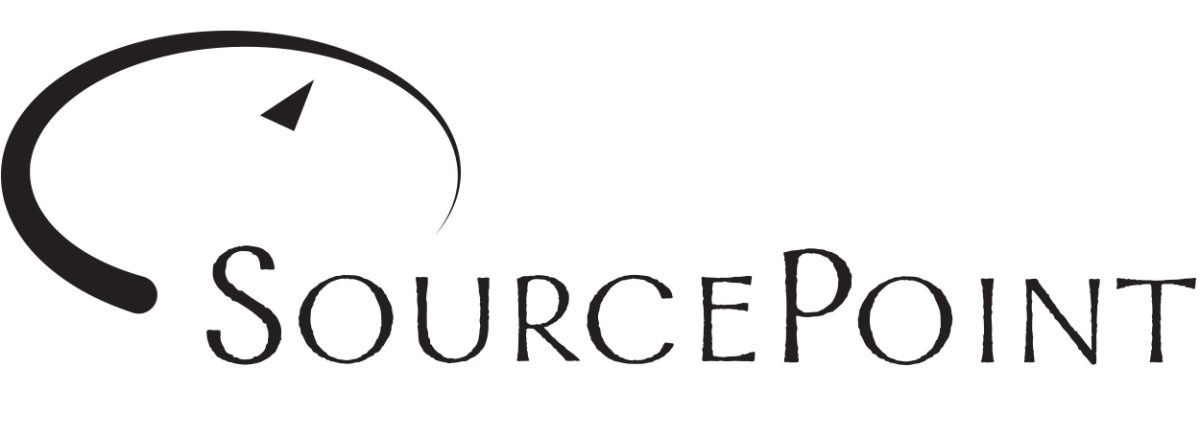If you suffer from headaches, you are not alone. Over 50 million of us experience some form of a severe headache at some point in our lives. Whether you experience minor head pain or severe migraines, headaches can take valuable time out of your day and your life, and leave you searching for relief.
One way to seek relief is by reaching for drugs and other medications. This is fine for the short run, and can help you get out of pain fast. Unfortunately, common headache medications do not address the root cause(s), and when used over long periods of time can cause unwanted side effects.
Acupuncture and Traditional Chinese Medicine (TCM) offer a safe and effective approach to relieving headache pain, without causing harmful side effects, and incorporate a comprehensive diagnostic protocol that can help your acupuncturist understand and address the root cause(s)
of your headaches.
Understanding headache types.
There are many factors in TCM theory that may play a key role in the root cause(s) of a headache.
These include body constitution, emotional health, excessive work,
social and exercise activities, improper diet, physical trauma and hormones. Headaches can also be diagnosed according to specific symptoms, times of occurrence, location on the body, type of pain, triggers and remedies which provide relief.
A natural path to relief.
Acupuncture and TCM takes a holistic, or whole-body approach to health. Your practitioner will take a detailed health history, and perform a physical exam to determine how and why your body’s vital energy, or Qi, is out of balance and identify what type of headache you are experiencing. He/she will also attempt to determine what root cause(s) are contributing to the overall problem. By identifying and treating the underlying cause(s), not just the symptoms, he/she can apply the most effective care.
What do you mean my Qi is out of balance?
An important part of acupuncture and TCM is the concept of Qi. Qi (pronounced “chee”)
is the vital energy that animates the body and protects it from illness.
It flows through pathways called meridians, and provides nourishment
to all the body’s organs. When there is an imbalance or blockage in the flow of Qi, physical symptoms may result. Qi stagnation may be the cause of your headaches.
During treatment, in order to restore the balance and flow of Qi, fine sterile needles will be inserted at specific points along the meridian pathways. Based on your unique symptoms, your acupuncturist will choose to concentrate on acupuncture points related to specific organs. Afterwards, a variety of self-care techniques may be prescribed to
further expedite your healing process.
It is important to remember that acupuncture is not a “quick fix.” Changes may occur quickly or over a longer period of time, depending upon your overall constitution and health. It is also important to closely follow care recommendations suggested by your acupuncturist. Whether it is one visit to address an acute problem, or several visits to address a chronic problem, your acupuncturist will create a treatment protocol
that will maximize your healing potential.
Below are a few ways that you can participate in your own healing, by making simple lifestyle changes that may help soothe—or even prevent—head pain.
- Track those triggers: Try to keep track of when your headaches start. Migraine sufferers may find it especially helpful to keep a diary of symptoms and possible causes. Triggers might include anything from eating chocolate, to anxiety or inhaling specific smells. Pinpointing these triggers—and avoiding them when possible—could help.
- Stress relief: Stress puts a lot of strain on the body, and can contribute to many types of health concerns, including headaches. Talk to your practitioner about healthy ways to
handle stress, such as meditation or breathing techniques. - Exercise: Physical activity is an important part of any healthy lifestyle, and is a great antidote to stress. Your acupuncturist can recommend types of exercises that may work best for you.
- Healthy habits: Making minor changes can make a big difference in your overall health and vitality. Do your best to eat healthy, organic foods, and make sure to get enough sleep every day.
Naturally, acupuncture care is extremely effective in reducing the frequency and severity of many types of painful conditions, including headache pain. By working with your acupuncturist and adopting some simple lifestyle changes, you will be on your way toward a healthier, happier, pain-free life.


